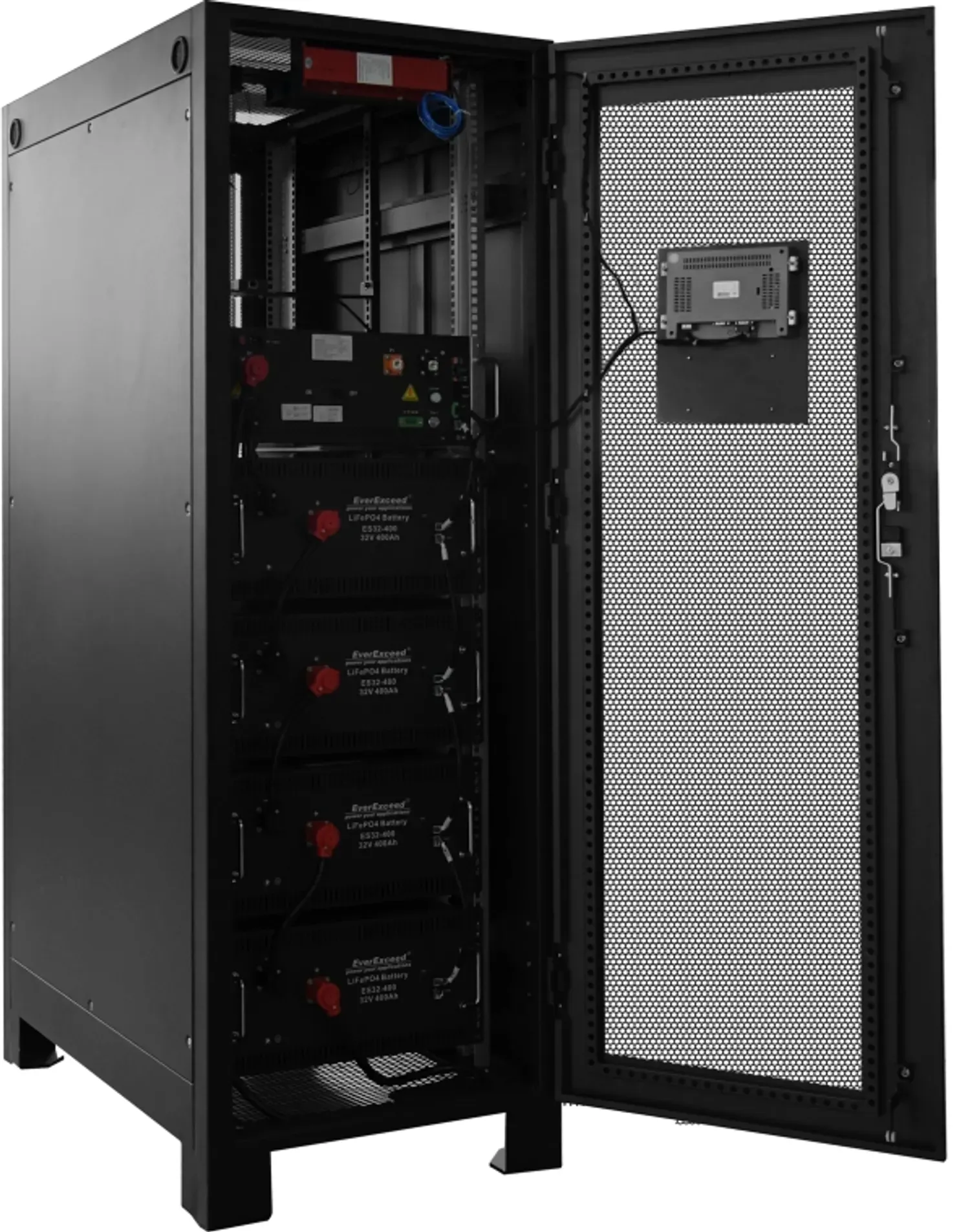
Get a Quote
What are the Restrictions on UPS Lithium Batteries?
In today's digital age, uninterrupted power supply (UPS) systems have become essential for maintaining continuous operations in various sectors. These systems often rely on lithium batteries due to their high energy density, long life span, and efficiency. However, despite their advantages, UPS lithium batteries come with a set of restrictions and regulatory measures that users must adhere to for safety and compliance purposes. This article delves into the intricate details of these restrictions and offers insights into how they impact the usage of UPS lithium batteries.
Understanding UPS Lithium Batteries
Before diving into the restrictions, it's crucial to understand what UPS lithium batteries are and why they are preferred. Lithium batteries are known for their high energy storage capacity, which makes them ideal for UPS systems that require reliable and efficient power backup. They come in various types, including lithium-ion (Li-ion) and lithium iron phosphate (LiFePO4), each offering unique benefits in terms of performance and safety.
Why Are Restrictions Necessary?
Lithium batteries, while efficient, pose certain risks, particularly when mishandled or exposed to extreme conditions. These risks include thermal runaway, where the battery overheats and potentially catches fire or explodes. Therefore, restrictions are in place to mitigate these hazards, ensuring the safe use, transport, and disposal of UPS lithium batteries.
Manufacturing and Design Restrictions
To enhance safety, UPS lithium batteries must comply with stringent manufacturing and design standards. These standards are set by various regulatory bodies, including the International Electrotechnical Commission (IEC) and Underwriters Laboratories (UL). Key design restrictions ensure that the choice of materials and chemical composition minimizes the risk of overheating and fire. Advanced Battery Management Systems (BMS) are required to monitor and control the battery’s charge, discharge, and temperature, thereby enhancing operational safety. Additionally, safety features such as thermal cut-offs, pressure relief vents, and insulation layers are crucial to prevent short circuits and thermal events.
Transportation Restrictions
Transporting UPS lithium batteries, especially in bulk, poses significant challenges due to their volatile nature. To address this, several regulations govern the transport of these batteries, primarily outlined by the International Air Transport Association (IATA) and the U.S. Department of Transportation (DOT). Batteries must be packaged in a manner that prevents short circuits and physical damage, often involving the use of special containers and cushioning materials. Clear labeling indicating the presence of lithium batteries is mandatory, along with detailed documentation outlining the battery specifications and safety measures. There are strict limits on the number and size of lithium batteries that can be transported in a single shipment, particularly by air, to mitigate risks associated with their volatile nature.
Storage Restrictions
Proper storage of UPS lithium batteries is crucial to maintain their integrity and ensure safety. Batteries must be stored at optimal temperatures to prevent degradation and reduce the risk of thermal runaway. Adequate ventilation is necessary to dissipate heat and prevent the accumulation of flammable gases. Furthermore, storage areas should be equipped with fire suppression systems designed to handle lithium battery fires, ensuring that any incidents can be quickly and effectively managed.
Usage Restrictions
When it comes to using UPS lithium batteries, several restrictions ensure their safe and efficient operation. Avoiding overloading the UPS system is critical to prevent excessive strain on the batteries. Regular inspection and maintenance of the batteries and the UPS system are essential to detect and address potential issues early. Proper disposal of depleted lithium batteries is mandated to prevent environmental contamination and fire hazards, often involving recycling through certified facilities.
Compliance with Regulatory Standards
Ensuring compliance with relevant regulatory standards is critical for any entity using UPS lithium batteries. Some key standards and guidelines include:
UL 1973: This standard covers the safety of battery systems for stationary applications.
IEC 62619: It specifies requirements for the safe operation of secondary lithium cells and batteries for industrial applications.
IEEE 1184: This standard provides guidelines for the installation, maintenance, and operation of UPS systems, including those using lithium batteries.
Challenges in Implementing Restrictions
While the restrictions on UPS lithium batteries are necessary for safety, they present certain challenges. Compliance with manufacturing, transportation, and storage regulations can increase the overall cost of using lithium batteries. Proper handling and maintenance require specialized knowledge and training, adding to operational complexities. Moreover, keeping up with the evolving regulatory landscape can be challenging, particularly for global operations, necessitating continuous updates and adaptations to new regulations.
Future Trends in UPS Lithium Battery Regulation
As technology advances, so too do the regulations governing UPS lithium batteries. Future trends include the anticipated tightening of safety standards as new risks and mitigation techniques are identified. There is also an increasing emphasis on the environmental impact of lithium batteries, promoting recycling and the development of more eco-friendly alternatives. Advancements in battery monitoring and management technologies are expected to provide real-time data and predictive analytics for better risk management, enhancing overall safety and efficiency in the use of UPS lithium batteries.
Conclusion
The restrictions on UPS lithium batteries are multifaceted, encompassing manufacturing, transportation, storage, and usage aspects to ensure safety and compliance. While these restrictions may pose challenges, they are essential for mitigating the risks associated with lithium batteries. As technology and regulations continue to evolve, staying informed and adhering to best practices will be crucial for the safe and efficient use of UPS lithium batteries. By understanding and complying with these restrictions, users can harness the full potential of lithium batteries while maintaining safety and regulatory compliance.
In navigating the complex landscape of UPS lithium battery usage, partnering with a reliable and experienced provider is paramount. EverExceed stands out as a leading provider of advanced power storage solutions, offering a comprehensive range of UPS systems and lithium batteries designed to meet the highest standards of safety, reliability, and efficiency. With EverExceed's expertise and innovative technologies, businesses can confidently integrate UPS lithium batteries into their operations, ensuring uninterrupted power supply and safeguarding their investments. Trust EverExceed to empower your business with cutting-edge power solutions tailored to your specific needs and regulatory requirements.


